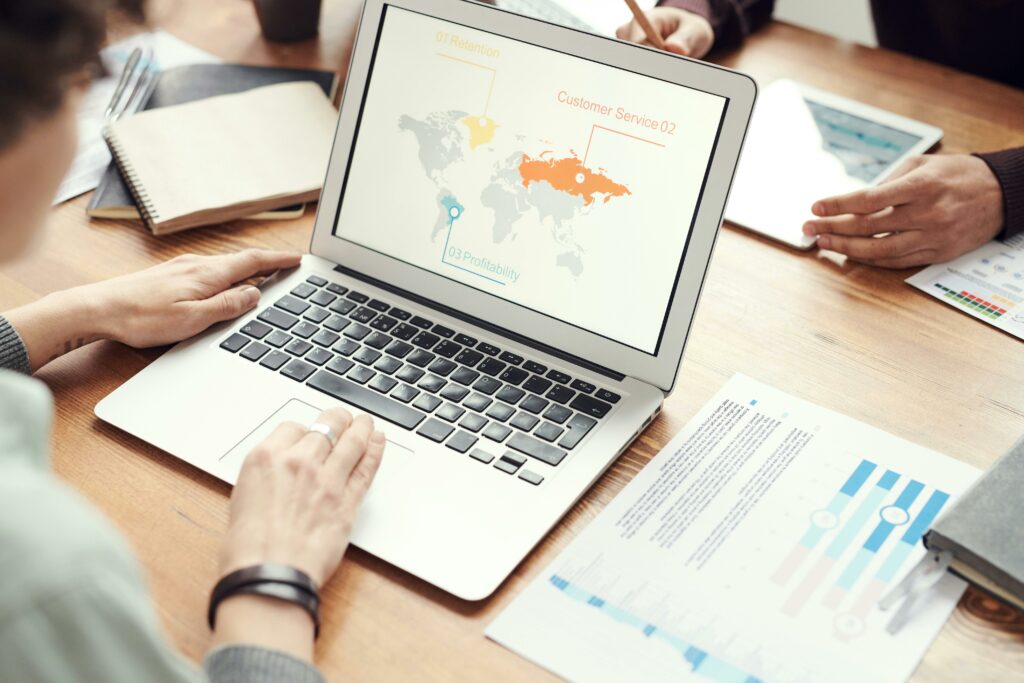In the complex web of international relations, one thread stands out distinctly: the global political economy. It’s a dynamic, intricate field that marries political science and economics, painting a comprehensive picture of how nations interact on a fiscal level.
This article will delve into the world of global political economy, unearthing its key principles and exploring its significance in today’s interconnected world. From trade agreements to financial crises, it’s a subject that shapes our world in ways both visible and invisible. So, let’s embark on this journey of understanding, and unravel the mysteries of the global political economy together.
Understanding the Global Political Economy
Gaining a comprehensive insight into the global political economy necessitates deep exploration of its key components. These can be broadly understood as international trade and transactions, financial markets, international political relations, and the global ecosystem.
Exploring international trade and transactions primarily involves the exchange of goods, services, and capital between nations. Countries exemplifying this interaction include China and the U.S., who consistently execute trade deals accounting for billions of dollars annually.
Next is the analysis of financial markets. These include large financial institutions such as the World Bank and the International Monetary Fund (IMF). These organisations significantly influence the economic policies of most nations and often play pivotal roles during financial downturns. Take the financial crisis of 2008, for instance. It was the IMF’s strategic financial assistance that aided many countries in navigating the fiscal storm.
Insights into international political relations frequently anchor to power dynamics. The global political economy heavily intertwines with the political standing and influence of nations. Acme countries like the U.S., China, and Russia use economic instruments as diplomatic tools. One crucial example is the use of sanctions – economic restrictions applied on nations to reach political agendas.
Key Actors in Global Political Economy
Entering the realm of global political economy, one encounters a host of significant players. They are commonly categorised into four primary domains: nations, international organisations, multinational corporations, and non-governmental organisations.
- Nations: Nations, in their capacity as sovereign entities, have a crucial role in the global political economy. For example, economic powerhouses like the United States, China, and Germany actively shape trade and fiscal policies, contributing in swaying global economic trends.
- International Organisations: They act as arbitrators and policy-makers, helping streamline global transactions. Institutions such as the International Monetary Fund (IMF) and World Trade Organization (WTO), in particular, help navigate international economic affairs.
- Multinational Corporations (MNCs): MNCs hold substantial economic influence, often having GDPs that surpass many nations. For instance, tech giant Apple Inc’s market value surpassed the GDP of most countries in 2020, thereby casting a profound impact on global trade and employment scenarios.
- Non-Governmental Organisations (NGOs): Though not usually equated with economic power, NGOs possess considerable political clout. They can impact policy decisions through advocacy or by representing marginalised groups. Examples include Greenpeace and Amnesty International, which wield their influence through strategic interventions and activism.
Globalisation and the Political Economy
Globalisation serves as a catalyst in the global political economy. It strengthens connections between global actors, emphasising their roles and interactions. Schooling authorities on globalisation effects, YaleGlobal Online posits that economic integration, technology advancement, and cultural interchange are fundamental to today’s interconnected world, providing a framework for the global political economy’s dynamics.
Economic integration acts invariably in global politics. Trade liberalisation bears speakers of both praise and criticism. It aids nations in expanding their markets, exemplified by America’s Coca-Cola and China’s Alibaba reaching foreign soils. Nevertheless, it subjects local industries to stiff competition, leading, at times, to accusations of protectionism or unfair trade practices.
Technology plays a crucial role in globalisation. It enables instant communication and speedy transaction processing, key elements in today’s financial markets. For instance, advanced technology lets U.S. investors trade Asian stocks before their domestic markets wake up, fostering real-time reactions to market changes worldwide.

